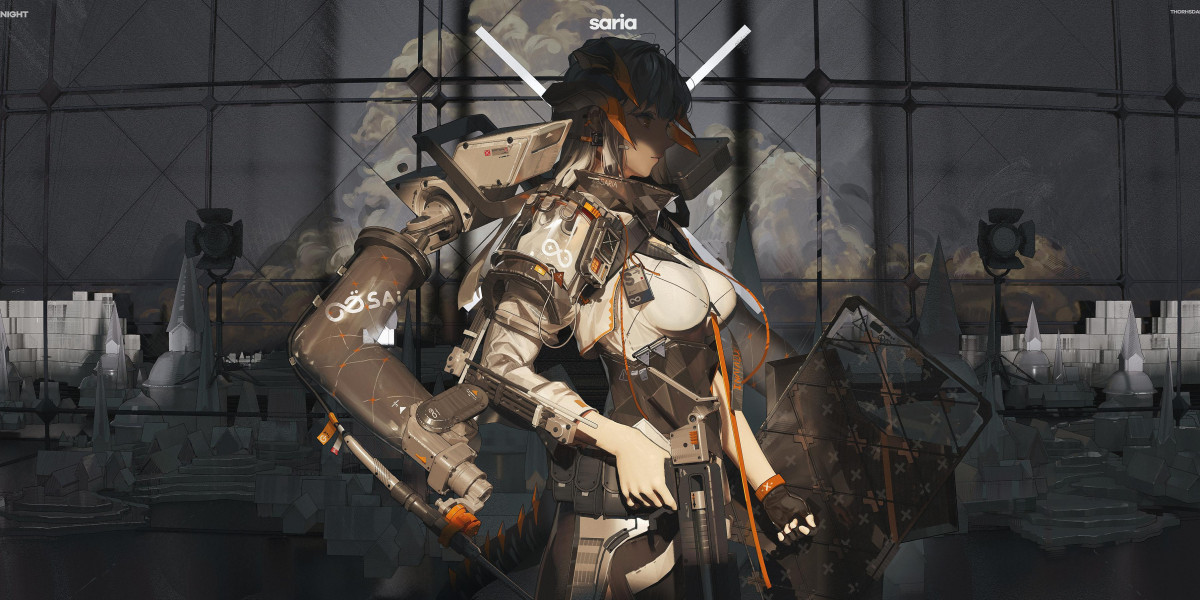When it comes to CNC machining, there are many misconceptions and myths that surround this advanced technology. In this article, we will delve into some of the most common myths and demystify them to provide a clearer understanding of CNC machining.
The Evolution of CNC Machining
One of the prevailing myths surrounding CNC machining is that it is a relatively new technology. However, the truth is that CNC machining has been around for decades and has evolved significantly over time. From its early days as a rudimentary process to the advanced, precise technology it is today, CNC machining has come a long way. Understanding the evolution of CNC machining can help dispel the myth that it is a new and untested technology.
Accuracy and Precision
Another common misconception about CNC machining is that it lacks the accuracy and precision of traditional machining methods. In reality, CNC machining technology offers unparalleled precision and accuracy, allowing for the production of complex and intricate parts with minimal margin for error. The use of computer-aided design (CAD) and computer-aided manufacturing (CAM) software ensures that CNC machines can achieve incredibly precise results, debunking the myth that CNC machining is inferior in terms of accuracy.
Cost and Efficiency
Many believe that CNC machining is prohibitively expensive and inefficient compared to traditional machining methods. However, this myth is far from the truth. While the initial investment in CNC equipment may be higher, the long-term cost savings and efficiency gains are substantial. CNC machines can operate continuously with minimal human intervention, leading to higher productivity and reduced labor costs. Additionally, the ability to reprogram CNC machines for different tasks makes them highly versatile and efficient, dispelling the myth of their inefficiency.
Complexity and Skill
There is a misconception that operating CNC machines requires extensive technical expertise and is beyond the capabilities of the average machinist. In reality, while CNC machining does require specialized training, modern CNC systems are designed to be user-friendly and intuitive. With the right training and experience, machinists can quickly adapt to CNC technology and harness its capabilities to produce high-quality parts. By demystifying the myth of complexity and skill requirements, CNC machining becomes more accessible and less daunting to those considering its implementation.
In conclusion, demystifying the myths surrounding cnc machining technology is essential to gaining a comprehensive understanding of its capabilities and potential. By dispelling misconceptions about its evolution, accuracy, cost, and complexity, we can appreciate the true value of CNC machining in modern manufacturing processes.








